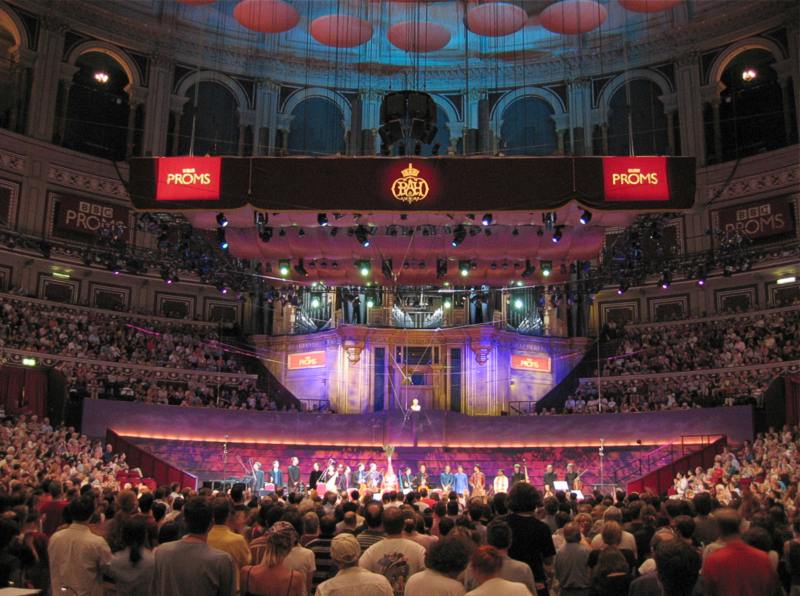 "The Concerto — An Adversarial Friendship," Philharmonia Baroque Orchestra's second concert of its 2009-10 "Season of the Stars," is less than two weeks away! Period violinist Elizabeth Wallfisch (pictured left) will be leading our orchestra in a program of Baroque pieces both familiar and "new." San Francisco Classical Voice previewed the concert in today's enewsletter:
"The Concerto — An Adversarial Friendship," Philharmonia Baroque Orchestra's second concert of its 2009-10 "Season of the Stars," is less than two weeks away! Period violinist Elizabeth Wallfisch (pictured left) will be leading our orchestra in a program of Baroque pieces both familiar and "new." San Francisco Classical Voice previewed the concert in today's enewsletter:"Amid the glamour and glitz of Philharmonia Baroque Orchestra’s’s 2009-2010 season, the ensemble’s October concert set “The Concerto: An Adversarial Friendship” may draw more headlines for its guest leader (the dynamic violinist Elizabeth Wallfisch) than its repertory, comprising mostly less-familiar German figures (Muffat, Biber, Schmelzer). But dig deeper into the program, performed Oct. 9-17 in various Bay Area locales, and you’ll find some flashy selections and intriguing backstories to this highly engaging repertory." Read more of Joseph Sargent's preview.
Click to read our program notes.



















